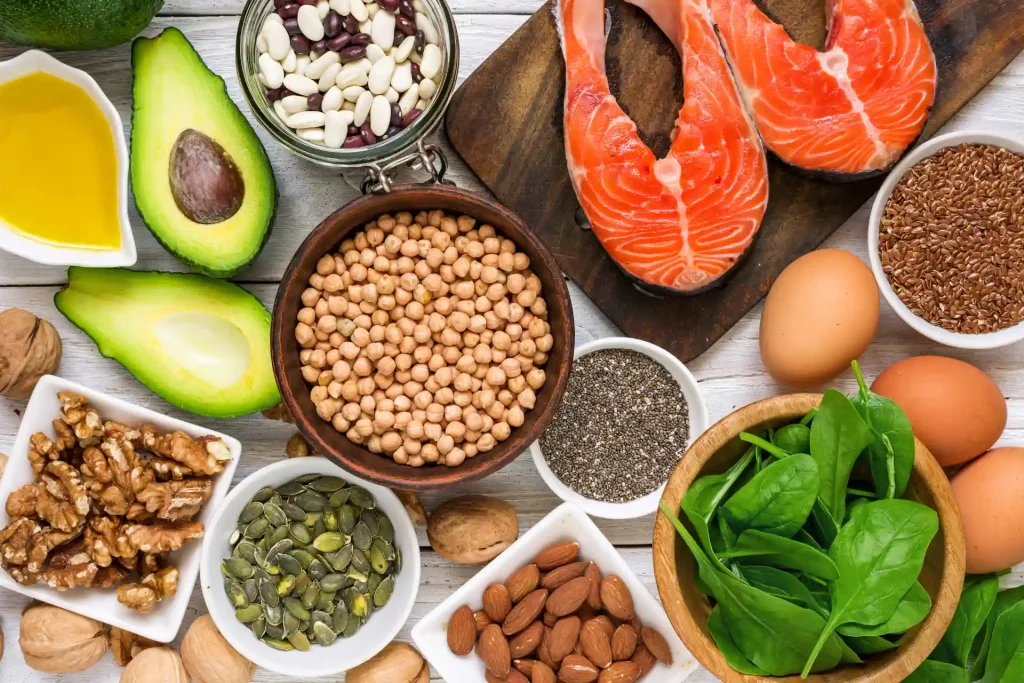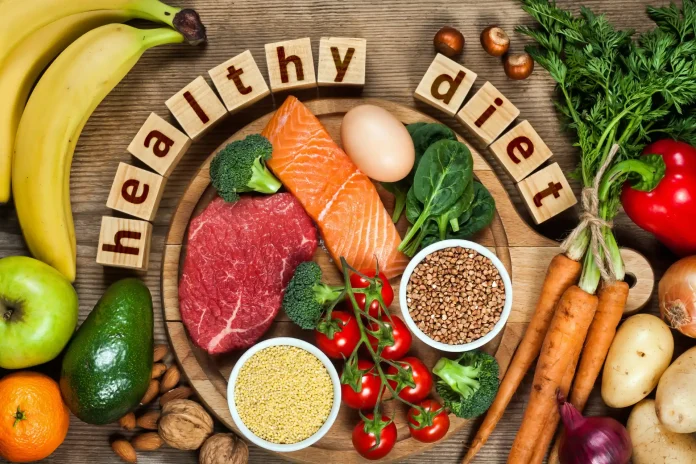The food on our plates tells a story, not just about our tastes but also about our health, ethics, and environmental impact. In recent years, two dietary extremes caused heated debate: vegan vs carnivore diets. On one side, there are vegans, who advocate for plant-based eating and avoid all animal products. On the other hand, carnivores advocate for an all-meat diet, which our ancestors have been familiar with. Let’s dig into the heart of the dietary debate, examining the nutritional benefits, health dangers, and wider consequences of these different diets. Whether you’re thinking about going vegan or carnivorous, read on to learn the facts and make your decision easier.
Vegan vs Carnivore Diet Difference
A vegan diet avoids all animal products and focuses on plant-based foods such as fruits, vegetables, grains, nuts, and seeds. It highlights entire foods and frequently offers organic and non-GMO options. Vegans choose plant-based diets to minimize cruelty to livestock and reduce their environmental impact.
A carnivore diet, on the other hand, is entirely made up of animal food, particularly meat, fish, and animal-derived products such as eggs and dairy. It removes all plant-based foods and advocates for a high-protein, high-fat diet. People who prefer carnivore diets argue that it is more in line with human evolutionary history, delivering all necessary nutrients from animal sources.
Health Benefits of Vegan vs Carnivore Diet
Whether you prefer a plant-based or all-meat diet, understanding these benefits will help you make better nutritional choices. Let’s look at how vegan and carnivorous diets can help you be healthier.
Benefits of Vegan Diet
One of the most important advantages of a vegan diet is better heart health. Vegans typically have lower cholesterol and blood pressure, lowering their risk of heart disease. Additionally, plant-based diets are often lower in calories, which can help with weight management and prevent obesity. Vegan diets are high in fiber, which supports good digestion and can help prevent gastrointestinal diseases including constipation and chronic illness.
Benefits of the Carnivore Diet
The carnivorous diet has multiple advantages, particularly in terms of muscle mass and strength. A high protein intake promotes muscle growth and repair, which is advantageous for athletes and individuals seeking to improve their physical fitness. The diet’s simplicity, which involves removing plant-based items, can make nutritional choices and meal preparation easier and less time-consuming. Furthermore, high-fat and protein-rich meals can cause lasting sensations of fullness, lowering the frequency of hunger pains.

Related! Benefits of Vitamin D3 and K2
Risks of Vegan vs Carnivore Diet
If not adequately managed, an excessive diet can cause nutritional imbalances and health problems. Let’s look at the potential problems of vegan and carnivore diets to help you make an informed decision about your nutritional strategy.
Risks of a Vegan Diet
A vegan diet is not without dangers. Vegans may lack critical minerals such as vitamin B12, iron, calcium, and omega-3 fatty acids, which are mostly present in animal sources. Getting enough protein from plants involves careful planning and, in many cases, supplementation. Vegans who do not pay close attention to nutrient balance may suffer from deficiencies that have an impact on their general health.
Risks of the Carnivore Diet
The carnivorous diet though seems fun to eat but contains plenty of substantial dangers. A high consumption of saturated fats and cholesterol may raise the risk of cardiovascular disease. Plants’ lack of dietary fiber and vital vitamins can cause nutrient imbalances and digestive problems, such as constipation and gut microbial disruption. Long-term consumption of a carnivore diet might raise the risk of chronic diseases due to the lack of protective phytonutrients present in plant foods.
Life Expectancy of Vegan vs Carnivore
According to research, nutrition has an impact on life expectancy. According to studies, vegans may live longer lives than meat eaters since they have fewer chronic illnesses. A diet rich in fruits, vegetables, and whole grains has been linked to lower rates of cancer, diabetes, and heart disease. These preventive properties are related to the rich antioxidants, fiber, and other healthy chemicals found in plant-based meals.
Carnivore diets, on the other hand, have variable consequences in terms of life expectancy. While some supporters claim enhanced health and lifespan, scientific support for these claims is weak. High meat consumption, especially red and processed meats, is linked to an increased risk of chronic diseases like heart disease, cancer, and type 2 diabetes. Thus, while some people on a carnivorous diet may see short-term health benefits, the long-term effects on life expectancy are unknown.
More! Obesity and Mitochondria
Conclusion
Individual health objectives, ethical views, and environmental issues all influence the decision to follow a vegan or carnivore diet. Each diet has advantages and disadvantages, and it is critical to select a diet that is consistent with your beliefs and nutritional requirements. Consulting with a healthcare practitioner or nutritionist can help you maintain a balanced and healthy diet, whether you choose to be vegan, carnivore, or somewhere in between. Understanding the consequences of your eating choices can result in better health outcomes and a more sustainable future for everyone.



